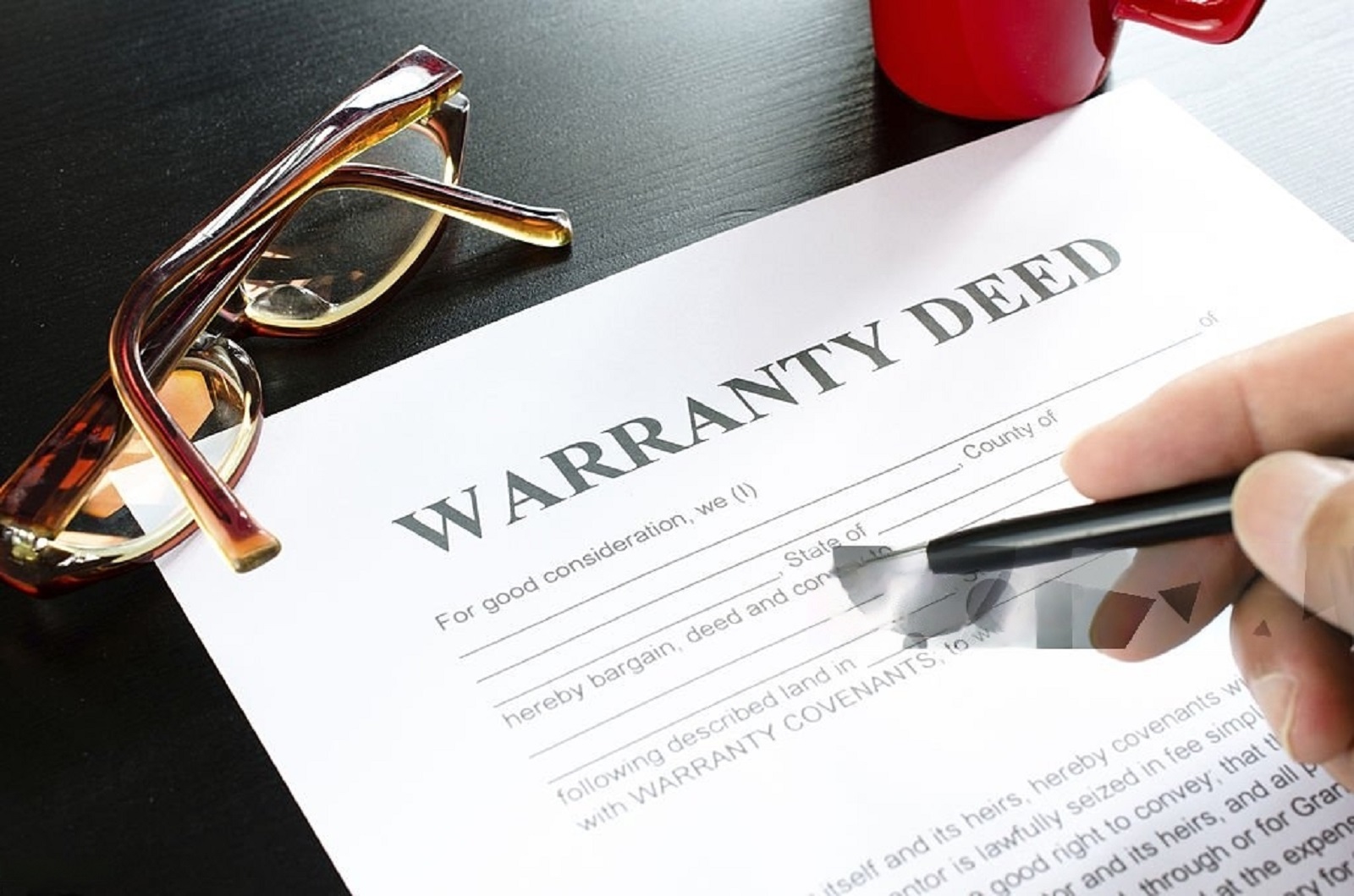Unlocking real estate ownership a comprehensive guide to warranty deeds

Legal documents are essential for identifying and protecting property rights in real estate transactions. Among these, the warranty deed is an essential tool that offers comfort to buyers and sellers alike. We'll go into the complexities of warranty deeds in this blog, explaining what they are, how they operate, and why real estate professionals need to know about them.
What is a warranty deed?
A warranty deed is a legal document that transfers ownership of a property from one party to another while explicitly guaranteeing that the seller holds a clear title to the property and has the legal right to transfer it. The warranty deed is a commitment by the seller to defend the buyer against any future claims to the property's title.
Key components of a warranty deed
Grantor and Grantee
The grantor is the current property owner or seller, while the grantee is the individual or entity receiving the property.
Consideration
The agreed-upon price or value exchanged for the property.
Property description
A detailed and accurate description of the property being transferred. This typically includes information such as lot number, block number, and any relevant survey details.
Covenants
Warranty deeds contain specific covenants or promises made by the seller, including:
Covenant of Seisin: Assurance that the seller owns the property.
Covenant Against Encumbrances: Guarantee that the property is free from liens or encumbrances.
Covenant of Quiet Enjoyment: Assurance that the buyer will not be disturbed in their possession of the property.
Covenant of Further Assurance: A promise to take any necessary actions to perfect the buyer's title.
Signature and notarization
Warranty deeds must be signed by the grantor in the presence of a notary public to ensure legal validity.
Importance of Warranty Deeds:
Clear Ownership Title:
The warranty deed provides buyers with the confidence that the seller possesses a clear and unencumbered title to the property, minimizing the risk of legal disputes.
Legal Protections:
The covenants within the warranty deed offer legal protections to the buyer. If any title issues arise after the transaction, the seller is obligated to resolve them.
Lender Requirements:
Many lenders require a warranty deed as part of the mortgage process to ensure the property serves as sufficient collateral.
Transfer of Ownership:
The warranty deed serves as the legal document that effectuates the transfer of ownership from the seller to the buyer.
Understanding Types of Warranty Deeds:
General Warranty Deed:
Offers the highest level of protection, providing the broadest set of covenants and assurances.
Special Warranty Deed:
Guarantees the seller's ownership and protection against claims during their ownership but does not extend to previous owners.
Conclusion:
In the intricate landscape of real estate, the warranty deed stands as a pillar of security, assuring buyers of a sound and unchallenged property title. Understanding its components and implications is crucial for both buyers and sellers, paving the way for seamless and legally secure real estate transactions. Whether you're entering the real estate market as a buyer or a seller, the warranty deed serves as a testament to the commitment to transparency, clarity, and integrity in property dealings.
